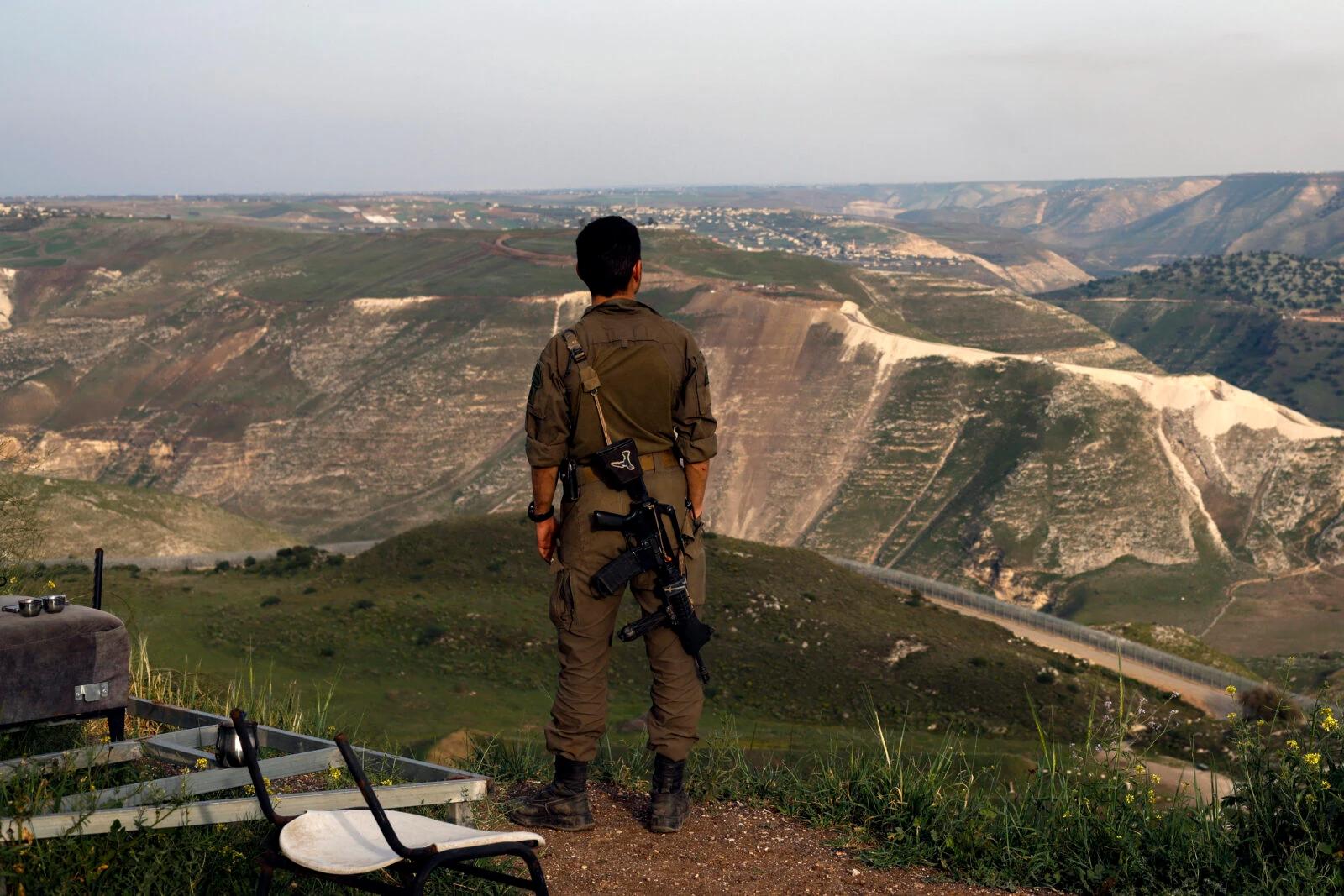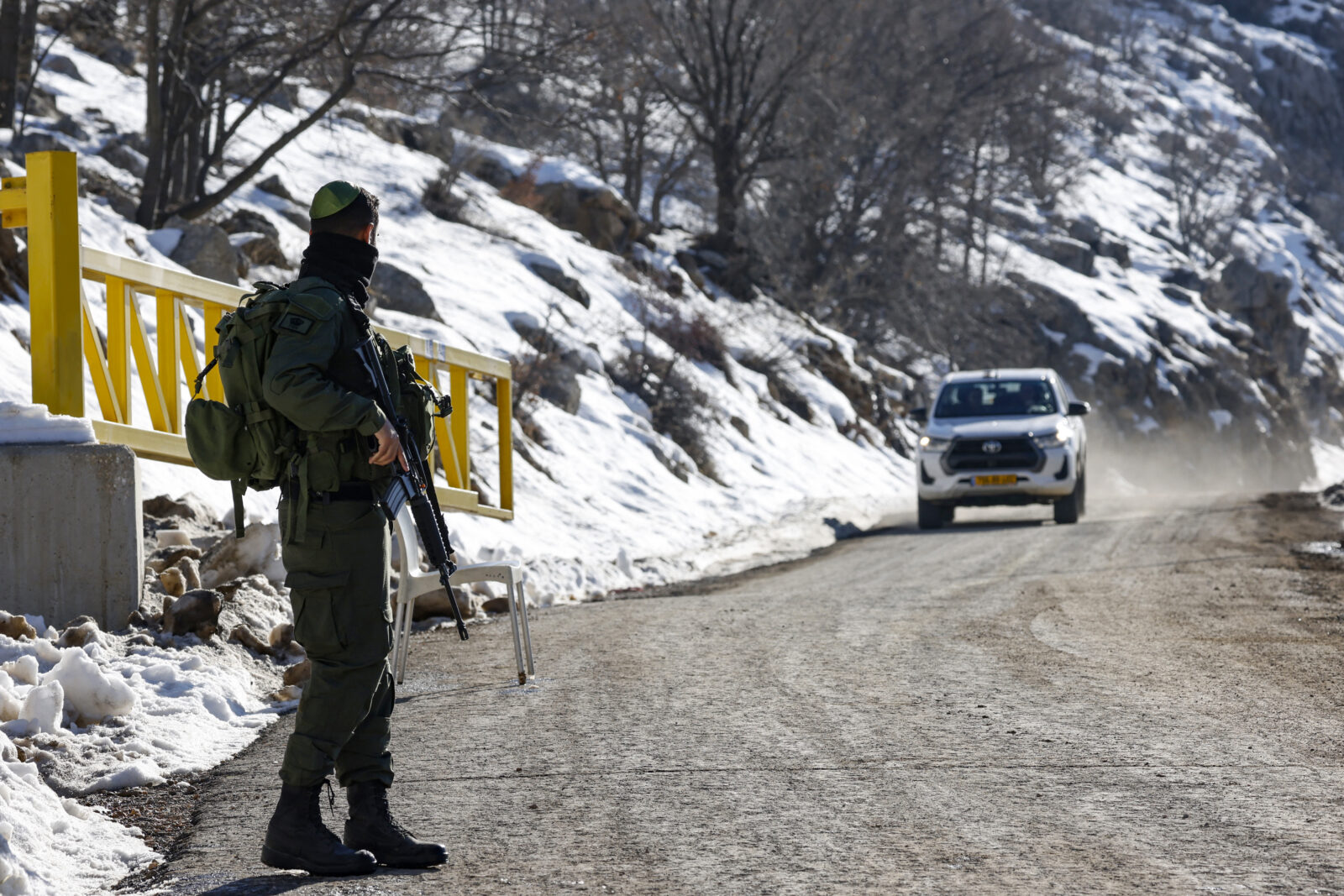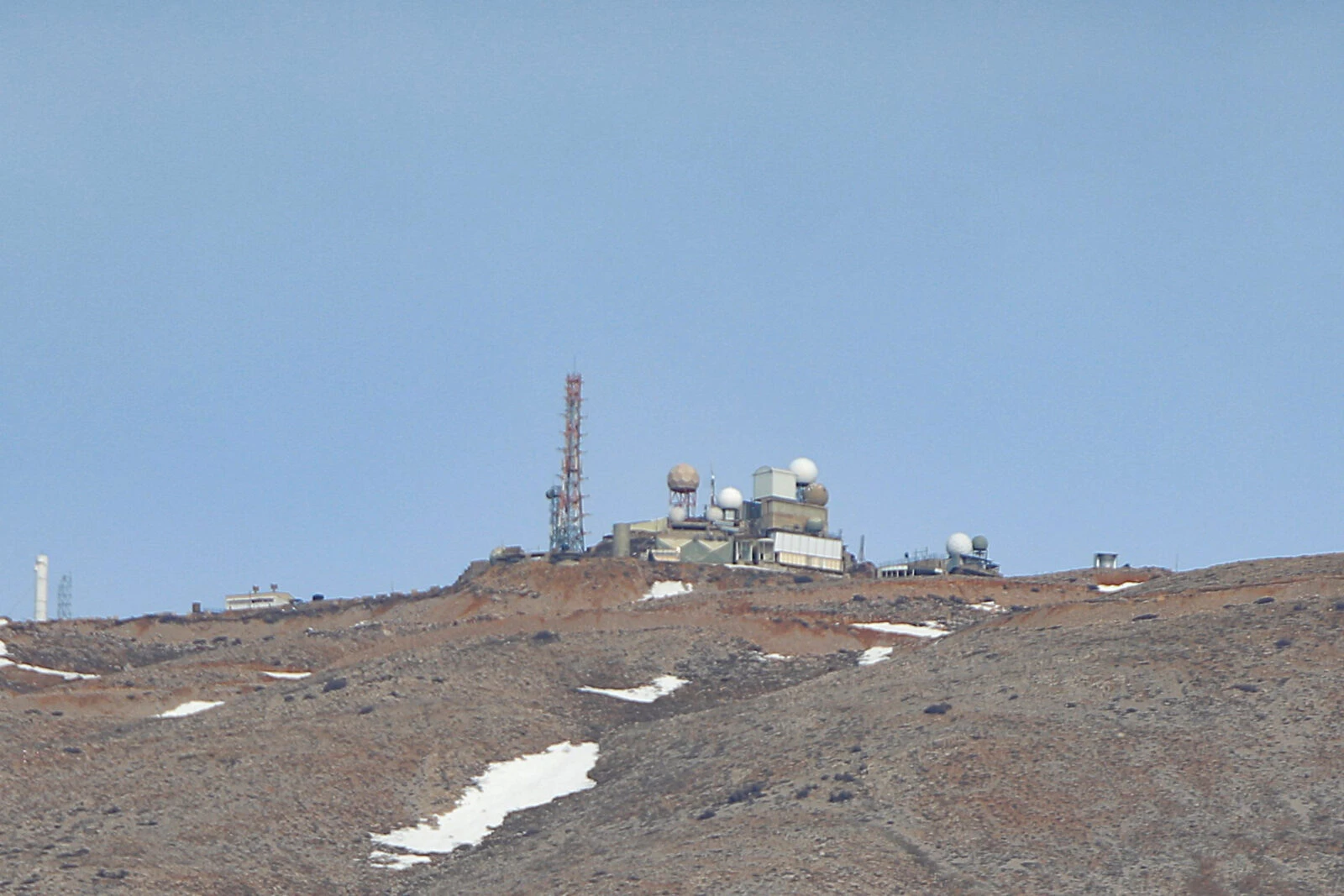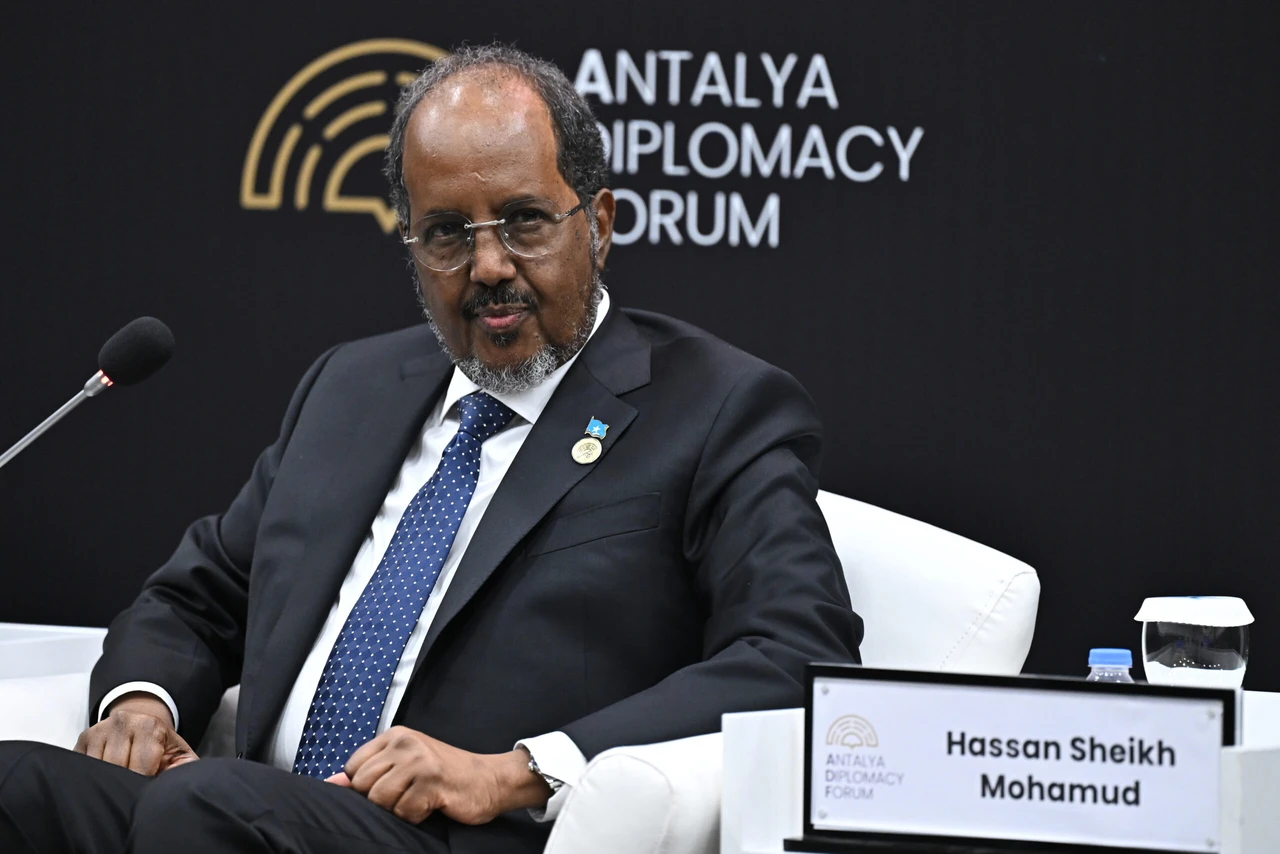Tel Aviv may soon need Ankara amid Syria strategy risks: Former Israeli Minister
 Israeli soldiers stand guard at the Hermon ski resort, bordering Syria and Lebanon, during a media tour organised by the spokesman of the Israeli army, in the Israeli-annexed Golan Heights on January 8, 2025. (AFP Photo)
Israeli soldiers stand guard at the Hermon ski resort, bordering Syria and Lebanon, during a media tour organised by the spokesman of the Israeli army, in the Israeli-annexed Golan Heights on January 8, 2025. (AFP Photo)
Former Israeli Public Security Minister Omer Bar Lev has warned that Israel may ultimately need strategic cooperation with Türkiye and cautioned that its current approach in Syria could undermine future security interests.

‘Israel’s power intoxication in Syria could be bad’
In an op-ed titled “Israel will still need Türkiye; its power intoxication in Syria could be bad for it” and published in Israeli media outlet Haaretz, Bar-Lev criticized Israel’s recent moves near the Syrian demilitarized zone and questioned the strategic value of such actions.
“It is unclear why Israel insists on confronting Türkiye in Syria, even though it may need its cooperation with Iran in the future,” he said.
Bar-Lev wrote, “I raised an eyebrow when the Israeli army invaded the Syrian buffer zone and simultaneously captured the summit of Mount Hermon. I know that area well from decades of leading covert operations into Syria.”
He recalled that Israel has maintained a low-profile presence in Syria for more than eight years through its “campaign between the wars,” aimed at disrupting Iranian weapons transfers to Hezbollah, limiting Iran’s military footprint in Syria, and countering Hezbollah’s expansion near Damascus.

Concern over strategic vacuum, Türkiye’s regional influence
“Despite Hezbollah’s recent weakening and Iran’s expulsion from Syria following the fall of the Assad regime, Israel is now violating the 1974 disengagement agreement it upheld for nearly 50 years,” Bar-Lev noted.
He questioned whether Israel was filling a vacuum or risking an unnecessary confrontation with regional powers.
Bar-Lev warned that “there will be no vacuum left unfilled in the Middle East. As Russia’s role in Syria has diminished and Iran was expelled, Türkiye has been actively stepping in.”
He emphasized that “the destruction of Israel is not a foundational strategy for Türkiye, nor does it possess a nuclear weapons program. A Syria under Turkish influence is far less dangerous to Israel’s security than one under Iranian control.”

Risks of strategic miscalculation, political distraction
Bar-Lev suggested that Israel’s current strategy may reflect “a lack of strategic political thinking, a desire by the prime minister to divert attention from hostages held in Gaza tunnels, or sheer intoxication with power.”
He added that the recent territorial moves risk long-term cooperation with Türkiye, which could become vital to future scenarios, especially if “Israel and the United States decide to strike Iran’s nuclear facilities.”
Türkiye and Israel hold deconfliction talks in Azerbaijan
Turkish and Israeli officials held a technical meeting in Azerbaijan to discuss the establishment of a deconfliction mechanism in Syria, the Turkish Ministry of National Defense (MoD) confirmed during a weekly press briefing.
According to MoD sources, “The first technical meeting was held yesterday (April 9) in Azerbaijan to establish a deconfliction mechanism to avoid unwanted incidents in Syria. Efforts will continue toward establishing this mechanism.”
The Israeli Prime Minister’s Office confirmed that delegations from Israel and Türkiye met in Baku to discuss mutual interests and the establishment of a deconfliction mechanism in Syria aimed at preventing future clashes.
“In line with a directive from Prime Minister Benjamin Netanyahu, a diplomatic-security delegation led by National Security Council Director Tzachi Hanegbi and including senior representatives from the Ministry of Defense and security agencies met with a Turkish delegation,” the statement said.
Israel expressed gratitude to Azerbaijan and President Ilham Aliyev for hosting the talks. “Each side presented its interests in the region. It was agreed to continue on the path of dialogue to maintain regional stability,” the office added.
Azerbaijan has emerged as a mediator, seeking to ease tensions between Türkiye and Israel.
President Ilham Aliyev expressed his commitment to fostering normalization between the two nations, underscoring his strong relations with both sides.



